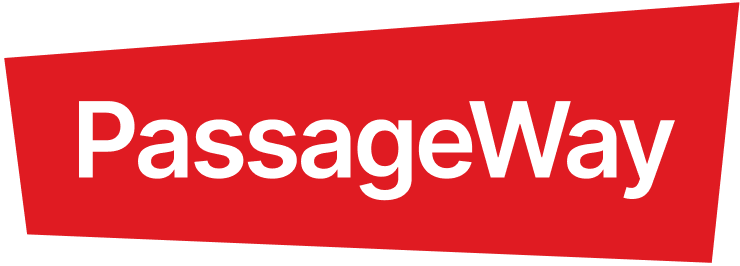
‘By knowing how people think, we can make it easier for them to choose what is best for them, their families and society’
Richard Thaler and Cass Sunstein - Nudge
Liberal Paternalism
The driving force behind the Nudge theory is that of liberal paternalism; those in charge of looking after others (all of us to some degree), the Choice Architects should present options that optimise the benefit to the individual, society and the world at large.
For example, in the design of a cafeteria, the salads, fruit and health snacks should be placed at the customer entry point, and the cakes, biscuits and other less healthy options placed further down the line (but not next to the till). The customer still has the option of choosing either but the Choice Architects have applied the notion of liberal paternalism to encourage customers to make the healthier choice.
Nudge theory is used in many spheres of life. An example is David Cameron, when UK Prime Minister, established the ‘Behavioural Insights Team’ to investigate ways of encouraging citizens to behave in social ways relying on market incentives, as opposed to regulations. The unit focused on public health issues such as obesity, alcohol intake or organ donation, enjoying several notable successes.
Making The Choice Simple
“We cannot force people to make particular choices, but we can make it easy for them to make the right choice”.
A key perceived challenge for Liberal Paternalism and the Nudge theory is finding ways to encourage people to act in their own and in society's long-term interest, while respecting individual freedom.
Key to the success of Nudge theory is simplicity. Making it easy for people to make the right choice, whether that be in getting a bus or donating an organ.
PassageWay applies the tenets of Nudge Theory to RTPI digital signage.
Providing the right real-time information to people and communities to encourage them to make the right choices that benefit themselves and the wider community. Whether choosing to take public transport rather than their car, or by modifying their journey due to disruption information or onward travel status.

